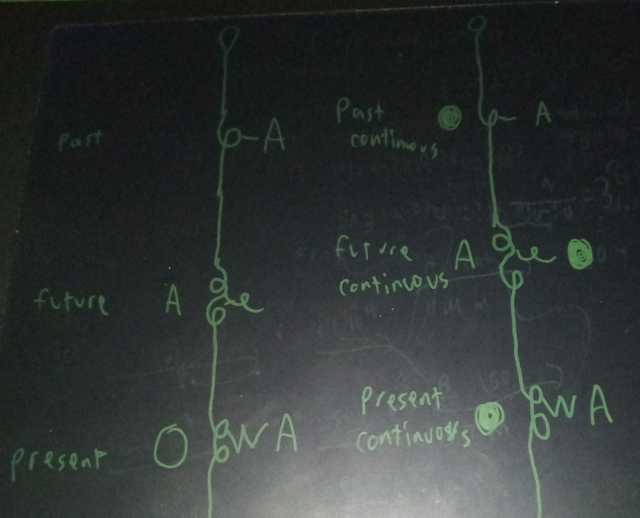In terms of words, all languages are descendants of older languages. What I'd suggest it start with a basic phonetic language and start developing prefixes and suffixes from it. (This is what makes etymology a fun field to discuss)
For instance, let's start with Japanese honorifics. The word "Senpai" is a descendant from the Middle Chinese word "senbìj." Compare the Mandarian "Xianbei" and the Korean "seonbae." Similarly, English and the romance langauges take a lot of words from Latin and Greek, such as prefixes (For Greek, "pseudo" meaning "false", "hypo" meaning "under," "hyper" meaning "over," etc. and For Latin, "in-" meaning "the opposite of" as a prefix, "inter" meaning "within," "ambi" meaning "both," "omni" meaning "all," etc.)
If you were to construct a language, I'd such starting with one-to-two syllable prefixes that are shared between a few in-universe races, and create unique conjunctions, articles, (though article adjectives are optional for most languages) prepositions, (though this may have some overlap such as with the Indo-European "in/en/etc.") and sentence structure. (Such as Latin which goes Subject-Object-Verb, English which goes Subject-Verb-Object, etc.) There are more things that will typically vary through languages without clear descendants, such as personal pronouns, but I'd assume you can manage that relatively well.
Also note that most grammar-y stuff is one-to-two syllables at most and are typically based on a vowel, such as "a/an" in English for an article and "in/into" for a preposition. This will make your life easier because of both language overlap and inserting a few vowels paired with a consonant sound is relatively easy instead of making a huge task about it.
@
Garakuta
